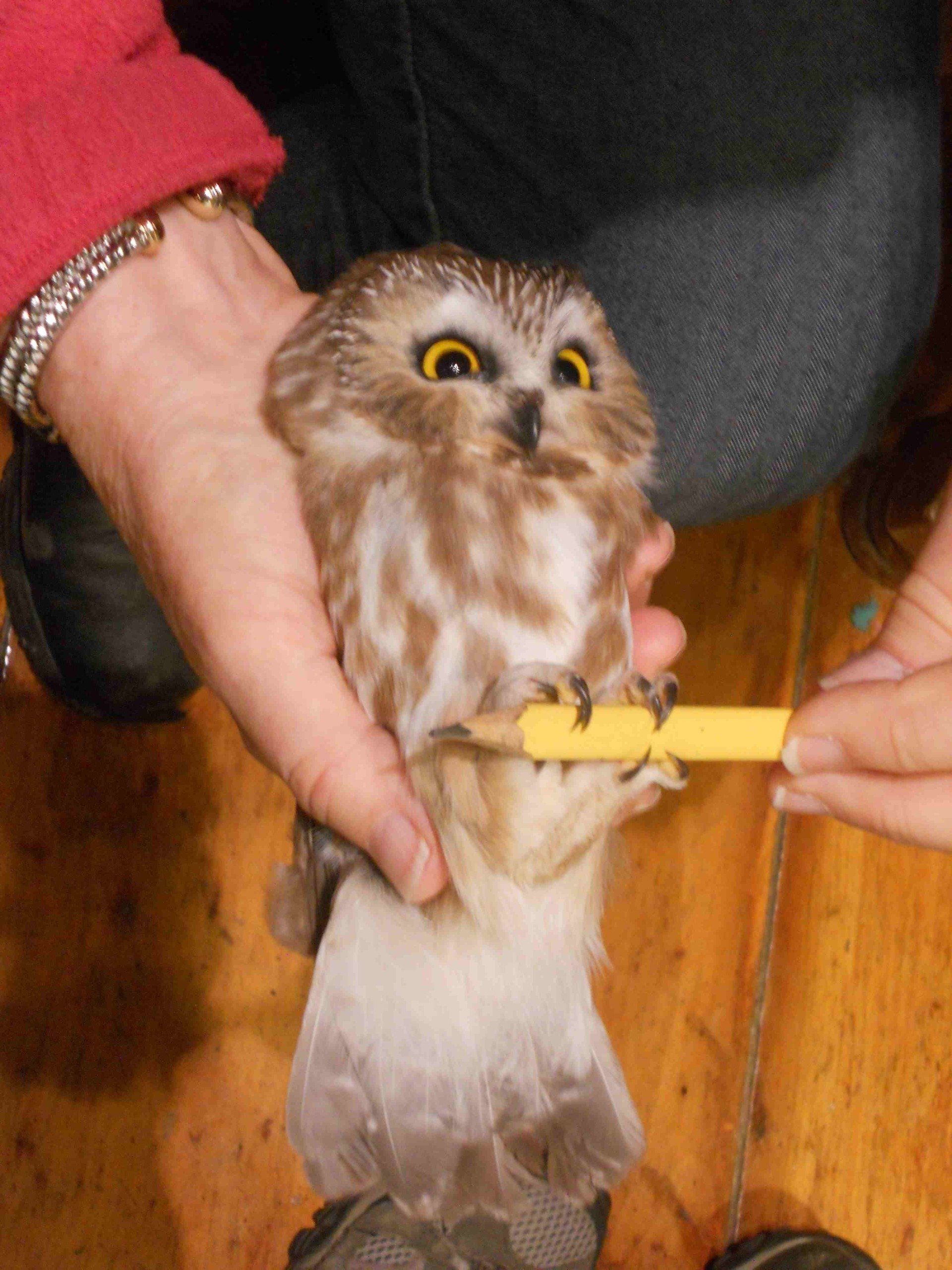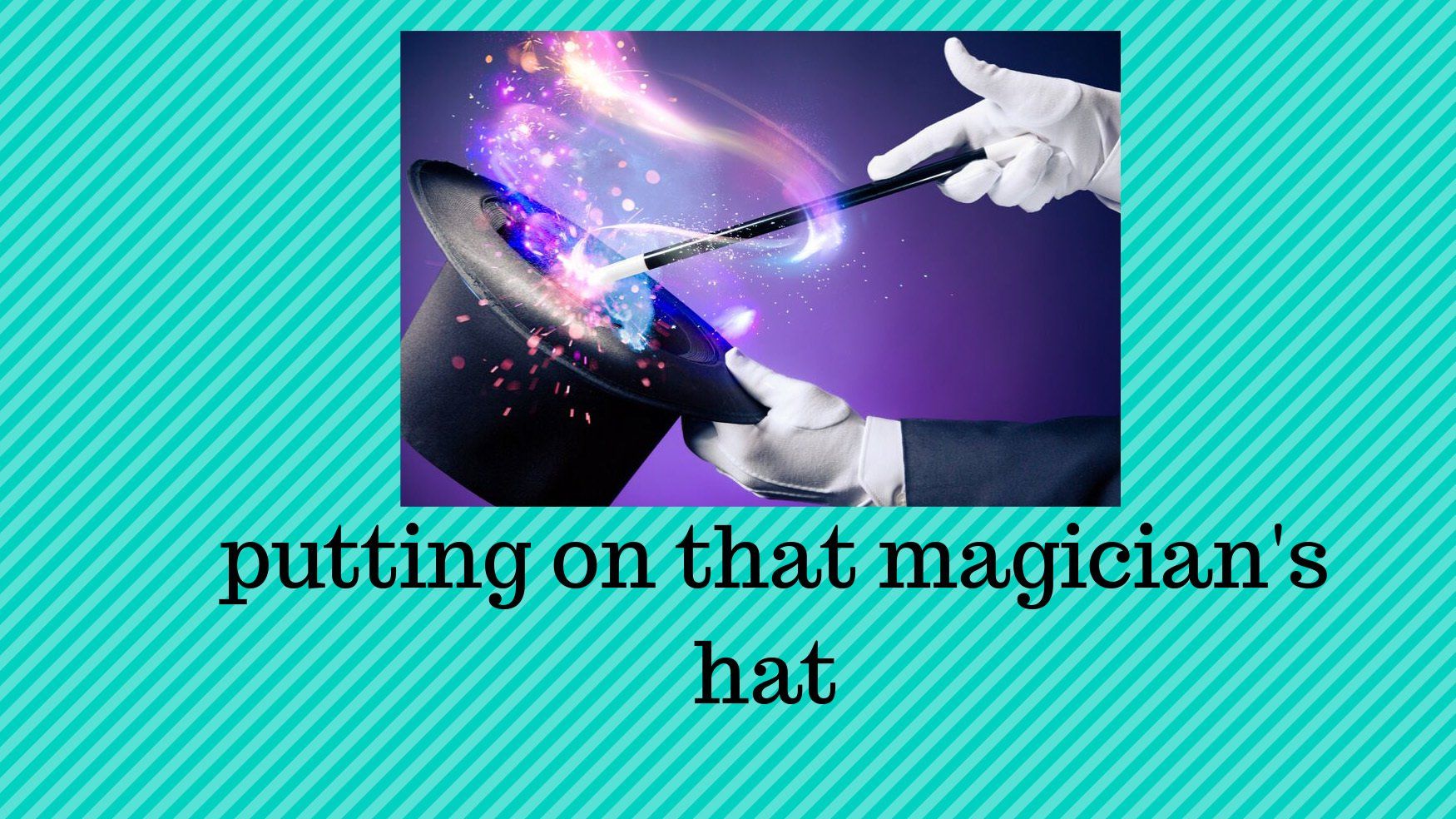Marguerite Mooers Blog

Valentine’s Day. The weather is cold and rainy, and I am out for my regular walk on the beach. In fact, the grey, cheerless weather and the forlorn beach exactly match my mood. Normally I walk for exercise, but this morning I am walking to burn off high octane anger. “A fishing tournament? You didn’t tell me you’d signed up for a fishing tournament. Who the crap holds a fishing tournament on Valentine’s Day?” My husband looks at me, embarrassed but not contrite. “I told you about this three weeks ago. I’ve already paid the fifty dollars entrance fee. I’m not going to back out now.” “But I made reservations at Dragonfly and there’s the dance at the Senior center.” I didn’t mention the money I’d spent on a new dress, or the tickets. “I wish you’d said something,” he says. He’s cleaning up from breakfast, putting a washed knife carefully into the strainer. I look at the knife, wondering how much effort it would take to plunge it into his back. Nope, that wouldn’t help anything. “I really wanted to go to the dance,” I say, hoping for a last minute change of heart. He nods and then says. “You know what a poor dancer I am, Margie. Honestly, I hate those things. Why don’t we just go out for supper when I get back from the tournament.” He is not going to change his mind, and my hopes for a meal in a wonderful restaurant and the two of us dancing like newlyweds, washes slowly away. It’s not fair, I think. Not fair. I take my coat and head for the beach, which this morning is deserted except for a few hardy dog walkers and the sea gulls who have no choice but to be there. On the beach I pass an empty coke can, a lone sandal, a pack of cigarettes, and a discarded candy bar wrapper. Pulling out my plastic bag I tuck these items into it. Two gulls are huddled together against the wind. They may be a pair mated for life or just strangers finding warmth beside each other. Do gulls mate for life? Do male gulls pass up dances in favor of fishing tournaments? I’m sure they do. Perhaps if you took a survey of all the men sitting on the sidelines at dances, looking uncomfortable in their seldom- worn jackets and high water pants, nine out of ten might say they’d rather be fishing. This thought does not make me feel any better. I pass a heart drawn into the sand with the words “I love you” now being washed away by the tide. Once upon a time, about a million years ago, I felt the same way. I was a sophomore in college, writing my husband’s name over and over in my notebook, or my first name with his last name, trying out a future self. I would hang out near the cafeteria where he had a part time job, just to catch sight of him. My God, I was so young, so hopelessly naïve. Now, almost forty years later, I have learned that sometimes the things that attract you to a man in the first place, become the things that annoy you the most. His gentle condescension becomes his inability to make decisions. His thriftiness becomes cheapness. It’s nice that he loves his mother, but does he have to call her every single week? I try to remember the teen age girl who was so in love that every thought was of this man, the girl who couldn’t sleep for three nights before her wedding, the couple who had a special song, “Nights in White Satin,” a special place “Smokey’s Bar and Grill,” where they would neck until the place closed. I try to recall the bride who put love notes in her husband’s lunch. That person is long gone, but who has taken her place? I continue to walk the beach, watching as the dank morning begins to clear. Light on the edge of the ocean spreads outward over the water and touches the sand and I see a couple striding toward me, holding hands. They are not talking, just walking together in harmonic synchronicity. Before my husband got his exercise machine, we would walk together in the morning too, but now he’s too busy. An exercise machine and fishing have made me obsolete. Dang. Ahead of me in the sand is a castle, not one of those child-created things, decorated with sea shells and bits of coral, but a professionally designed, architecturally accurate palace with turrets and a moat. “For Julie, with all my heart,” is written in the sand. It really is sweet, and I envy Julie, whoever she is, even though she is probably eighteen and gorgeous, and the guy who labored all day on the castle might not even be someone she cares about. Grab him, Julie, I want to say. Even if he is a little stingy with money and calls his mother every Friday night, summer and winter. Grab him, even if there are times when you look at the freshly- washed knife in the strainer and wonder how it would look in his back. Grab him, even if, after many years of marriage, he gives up a Valentine’s Day dance for a fishing tournament. Grab him, because he loves you. I turn and walk back toward home, my anger now dissipated. In the distance, I can see my husband walking toward me. Even on a foggy day, or in a crowd I would recognize him by the way his head is tilted forward as though he’s plowing through air. We reach each other and he takes my hand as we continue toward home. “I’m sorry,” he says. “I didn’t realize how important the dance was to you. I’ll give up the tournament. There are always others.” I look at his face. He is sincere, and I suddenly realize how little the dance really means. “Go to your tournament,” I say. “I can give up the dance.” “What if we go up to San Antonio the next day. We’ll stay in the Marriott , eat at La Tortuga.” “Take a boat ride on the river,” I add. “Of course.” Ahead of me, in the sand, the incised heart is still visible, though growing fainter. I think of my own heart, somewhat faded and beaten up by life, but still there, still loving.

We spent last evening banding Saw-Whet Owls. The owls are lured to a mist net by the broadcast of an owl call. We walk out in the dark (our only illumination the red light of our head lamps) where the nets are strung up along a pathway for a space of about forty feet, and hung about four feet high. We have been advised to walk without talking, since human voices can disturb an owl caught in the net and to keep our headlights away from the net. The Saw-Whet owl is a very small bird, four or five inches high and weighing only a few ounces. It is covered with fine, downy feathers and has eyes like a Keane Painting (you know the Big Eyes art.) The tiny beak is curved and very sharp, as are the claws. When we catch an owl in the mist net, we bring him into the banding station (the living room) in a small bag. There it is. An adorable bundle of feathers ready to take on all comers. It is weighed and the wing measured to determine its sex (females are heavier than males) its health assessed and the band put on. Then it is returned to the bag and left on the porch, so its eyes could adjust to the light. Owls can't move their eyeballs the way humans can, but they can turn their head almost three hundred sixty degrees to see. With their ability to swivel their heads from side to side while flying, make ear adjustments to accommodate changing sounds, and fly silently, an owl, even small Saw-Whets like this one, are formidable hunters. Who did we catch, on the night I was helping to band birds? Two juvenile females. Juveniles, like youngsters of any species, take time to learn the skills they need to survive, and even though it was a bright moonlight night, a night when most owls would see the drift-net, these two were caught. What is the secret life of animals and birds, and how do we evaluate intelligence? All living beings have a skill-set that they have evolved over time in order to stay alive, but we human beings don't often think about the brains or the resourcefulness that other species have. For many of us, myself included, the natural world is just a kind of backdrop, a stage set against which our own stories play out. My friend, Jon tells a story about a hummingbird. He was out in the yard one summer day when a hummingbird flew directly toward him, hovering just in front of his face, its tiny wings beating furiously. It seemed, Jon says, that the bird was trying to get a message to him. Finally, Jon realized what the message was. He walked around the house and sure enough, the feeder was empty. He took the feeder into the house, filled it, and returned it to its hanger. Within minutes the hummingbird was there. Animal psychologist Dr. Andrew Iwaniuk of the University of Lethbridge in Alberta, Canada says that hummingbirds, who weigh about .07 ounces, have a hippocampus five times larger than songbirds, seabirds and woodpeckers. With this large hippocampus, they can remember the hundreds of flowers they visit, the quality of the nectar and a host of additional spatial-temporal information. Scientists believe that hummingbirds brains became so developed, because they travel long distances and don't have time or energy to waste looking for food. With this big hippocampus, hummingbirds can remember not only where the nectar feeder is, but recognize the person who fills it. Which brings us to spiders. Spiders have the benefit of silk, which they can release from their abdomen and use for all kinds of useful things. When a spiderling hatches, it stands on raised legs with its abdomen pointed upward ("tiptoeing") and releases several silk threads. These threads form a triangular shaped parachute with which it can launch itself into the air. The spider is so light that even a very slight breeze will get it airborne, and even in windless conditions, the earth's static field can provide lift. Anyone who has seen an incredibly long spider web can appreciate the daring it takes to launch oneself into the air with only a small silk thread for safety. Spiders do use their threads for safety, dropping down from the web when a predator arrives, or pulling themselves up on the same thread to get away from danger below. Spiders use threads not only to wrap up food, but to haul it up to the web. Spiders can also balloon up into the air, using hundreds of silk strands to form a triangular sheet of up to 39 inches. In Australia in 2012 millions of spiders ballooned into the air and landed, making the spiderweb- covered ground look like it had snowed. Spiders have ballooned themselves onto ship's sails over 990 miles from land. They have been detected in atmospheric data balloons, 16,000 feet above sea level. Ballooning is probably the most common ways that spiders use to invade islands and mountaintops. Even if they drop into water while ballooning, they can raise their legs or abdomens to use as sails, propelling themselves across the water, or dropping silk anchors to keep themselves in place while paddling. So who is the more intelligent creature, man, the spider or the hummingbird? My friend Sue tells a wonderful story about the winter she spent as a graduate student with Native Americans in Canada. Sue is a very smart person, a college professor with a PhD in Anthropology who is well-read and very articulate. By any measure of smarts, Sue is it. And yet she describes the winter she spent with the tribe when they tried to teach her to construct a rabbit snare as terribly discouraging. Catching rabbits was an important skill with the tribe, one the natives all knew how to do, because it was their way of acquiring food. Even the five year olds could construct snares, but Sue, who admits she is very clumsy, could not do it. The elders of the tribe declared her stupid, and over and over tried to teach her how to build a rabbit snare. "I was heartbroken," Sue says. "I wanted to show them I was as smart as they were, but they thought I was just a dumb white woman, who would never be able to feed herself. It was only later, when I could use my skill as a researcher to help them file land claims against the Canadian government, that they were willing to admit I wasn't so dumb after all." I think of all these things in the evening as we stand in the darkened woods, ready to release the tiny Saw-Whet owl that has just been banded. Because of the full moon, I can see pretty clearly into the woods, but the tiny owl being lifted onto my shoulder can see 100 times better in this dim light than I can. The owl can also hear better. The great grey owl can hear rodents scurrying beneath two feet of snow, and our hosts says an owl can hear the recorded call we use to lure them in, up to a distance of five miles. The world is silent. I can feel the owl my shoulder shifting around, adjusting its eyesight to the dark. We wait, and then with an almost silent flap of its wings it is off into its world. Who is up there in the trees watching you?

William Saroyan said "You write a hit play the same way you write a flop." Grace Metalious , the author of Peyton Place said "I'm a lousy writer and a helluva lot of people have got lousy taste." Let me tell you a true story. I had just published my first novel. It was a good book, not a great one, and I had some success with people buying it. After the book was in bookstores, a friend came to my husband and said that he liked the book but he skipped about fifty pages in the middle because he thought they were boring. He didn't want to tell me because he thought it would hurt our friendship. After I recovered from my hurt, I went to talk to my friend so he could tell me why the book bored him. I aspire to be a good writer, and I don't want to bore my friends, but there was something else I wanted to confront. The truth is that sometimes I believe that reviewers who are negative are being more truthful than people who are praising the books. Why is that? Why should the man who tells me the book is boring be more truthful than the one who says they love it? I don't know. Right now, success and failure as a writer seem to be only a hair's breadth away from each other. A book that fails involves the same amount of work as a book that succeeds and both have the same amount of effort put into the publicity. Nevertheless negative comments seems to fulfill my deepest belief that what I write isn't very good. Am I alone in this belief? I am a watercolorist and a watercolor teacher as well as being a writer. I work with watercolor students every day and I see how they struggle. And when I was first learning to paint, I remember how I I had this huge desire to do something well, and I would look at the work of professional artists and long for that skill. But the skill to be a good watercolorist was years in the future and in the meantime all I felt was frustration and sometimes anger. I believe that many of us who attempt to find a creative outlet experience this feeling. We have an idea, more than an idea, a longing that we want to express, but we don't yet have the skill to express it. Maybe this is what lingers in me when I hear my work praised. I know how far I've come as a painter and a writer, but I know that I have only touched the edge of what I really want to say. The gap between what I want to say and my ability to say it, even after five novels, still feels enormous. I don't know if there is a cure for this feeling of failure in the midst of success. Elizabeth George, a writer I admire very much keeps a writing journal. This is not part of the novel she is writing, but her feelings about herself as a writer. The book is called "Write Away" and is worth reading. And the practice of keeping a writing journal is worth trying. The idea here is not only to write your story for the public, but to keep in touch with what you are feeling as a writer as you are writing. To backtrack. I grew up with a mother who was not abusive, but was not overly affectionate either. Sometime in my middle years I longed to have her say something kind, something encouraging, but she wasn't that kind of mother. So, instead of letters written to me by my mother, I wrote letters to myself pretending that they had been written from her. In my struggles to find my writing voice, I needed someone to tell me I was wonderful. if I couldn't get that validation from my mother I would provide it to myself. So, here's an idea. Write a letter to yourself, telling yourself what a wonderful writer you are, what a good, honest person you are, how you are worth every bit of honor that will come your way. If you put the letter away and bring it out later, you can read it and some part of those words might stick in your psyche. Really listen to your friends, maybe they are not all just trying to flatter you. Let those positive reviews nourish your creative self. And one last thought. Just show up. This means putting your butt in that writer's chair at regular intervals, even when things are not going well. It means making a list of everything you need to do to get that book noticed, even when you secretly believe that the work is crap and your friends who say they love it are lying. Put yourself out there, keep working, show the world that you are a real writer. Just show up. Marguerite Mooers is a fiction writer whose five novels, Take My Hand , The Shelter of Darkness , A Casualty of Hope , The Girl in The Woods , The Life That He Lived , and The Lies That He Told , are currently available on Amazon, Draft2Digital and Google Play. Her website is margueritemooers.com

Think about the last time you read a book and what a wonderful ride that was. A writer, simply by putting some little black marks on paper can transport you to a world you've never been to before, introduce you to people you've never met, give you've experiences unlike any other. Wouldn't you call that a magical ability? I would. A writer says to the reader, take my hand. Follow me and I will show you wonders. And if the writer is good we follow. But, the big question is, how to become a writer of such magical abilities that the reader will follow you anywhere. My first response is: the reader must trust the writer, and the writer must work hard to be worthy of that trust. I can tell you a few of the things that break my trust in a writer. Number one, spelling and grammar mistakes. If a writer doesn't know how to use the English language correctly, why is he a writer? Number two, writers with an agenda. If I'm reading fiction, I don't want to hear about about your religion, or how you feel for the starving children in the Sudan, I can get that in church or the news. I read for entertainment, and when the entertainment turns into a sermon or a rant, I tune out. Number three, too much exposition, poorly crafted dialogue, a writer not in love with language, etc. etc. Each of these is the reading equivalent of seeing where the rabbit was before the magician pulled it from the hat. It spoils the Magic. So what makes magic for me in a book? An emotional connection. Not only do I want to experience what the main character does, but I want to feel what he or she feels. I will give as an example the beginning of J.K. Rowling's Harry Potter and the Sorcerer's Stone . In the beginning of the first Harry Potter book, Harry is being raised by his aunt and uncle, Muggles who don't understand the magical world, and in fact are emphatically against it. Harry is a Cinderella child, an unpaid servant who is made to sleep in a tiny room under the stairs and who must endure the fawning of his aunt and uncle over their overweight, silly son. Hopefully, no one you know, or even you yourself has lived in such terrible circumstances. In the meantime, of course, we know that Harry is the son of two well known wizards, though he is unaware of his famous heritage and his inherited magical powers. What Rowling has done in this opening scene is connect Harry with the reader through the idea of unfairness. We've all experienced unfairness in our lives. Even if we don't live in an environment as dire as Harry's, we understand what it means to have something we've worked for abruptly taken away. We've felt the sting of someone else receiving the praise we feel we deserve, of having someone less worthy get the promotion, the parents' attention, the place in line, or the good grade. You name it, the list is endless. In other words, the feeling of the world's unfairness is universal, and in portraying Harry Potter in an unfair environment, Rowling has made us feel that she knows us, and thus reeled us in as readers. The second event which occurs in the beginning of the book is what I call Divine Intervention. Hagrid comes to rescue Harry from the island where he's been taken by the Muggle family. Harry is surprised but in the end, not unwilling to leave the family and follow Hagrid on new adventures. Normally, I'm not a fan of Divine Intervention. "It was only a dream," is the worst example of this kind of ending. It says that the reader was too lazy to work out an ending that actually fits the plot. The Greeks used to call Divine Intervention, "Deus ex Machina" or The God from the Machine. At the end of some Greek plays a mythical God would descend from above (via a machine of some sort) and make a pronouncement, solving all the problems of the play. Harry Potter's Divine Intervention occurs at the beginning of the book, which leaves lots of space for Harry to solve his own problems. But like the feeling that the world is unfair, the longing for Divine Intervention it is also universal. At least it was a feeling familiar to me as I was growing up. I grew up in a busy household. With two working parents and four children there wasn't much time for individual attention. My sisters would 'borrow' clothing and return it stained or torn. I had toys taken and returned in the same condition, and at times I fervently wished I were an only child. One of my recurring fantasies was that I was the offspring of a king and queen, living far away. These two people had somehow forgotten that they had a daughter...me, whom they'd left with ordinary Muggles to raise. I imagined that one day, there would be a knock on the door and my real parents would arrive, ready to reclaim me and whisk me off to a wonderland of endless toys and unlimited parental regard. Divine Intervention. So when Harry gets rescued by Hagrid, I get it because I've known the feeling of longing for someone up there to recognize how miserable I am down here. At that point in the story, J.K. Rowling has put on her magical magician's hat and I am ready to follow her anywhere. And so dear readers and writers, can you find the place in a book you are reading, where the writer/magician has touched a deep feeling in you? And, more importantly, can you as a writer do the same for other readers? If so, you can put on your pointed magician's hat, pick up your magic wand and say to your reader "Follow me and let me show you something wonderful." If you can do that, you may not have the fame of J.K. Rowling, but you will be a writer. Marguerite Mooers is the author of six murder mysteries, Take My Hand , The Shelter of Darkness , A Casualty of Hope , The Girl in the Woods , The Life That He Lived , and The Lies That He Told . They are available on Amazon, Draft2Digital and Google Play. Follow her on her Facebook author page and on her website, margueritemooers.com.

My name is Marguerite and I write as Marguerite, but my friends and family call me Peggy. Marguerite is a family heirloom, a name passed down through three generations of women. Here is a picture of my maternal grandmother, the first Marguerite, whom people called Greta. Marguerite was a strong woman. Her mother died when she was a small and her father remarried, producing at least six more children, whom Marguerite (Greta) helped to raise.
